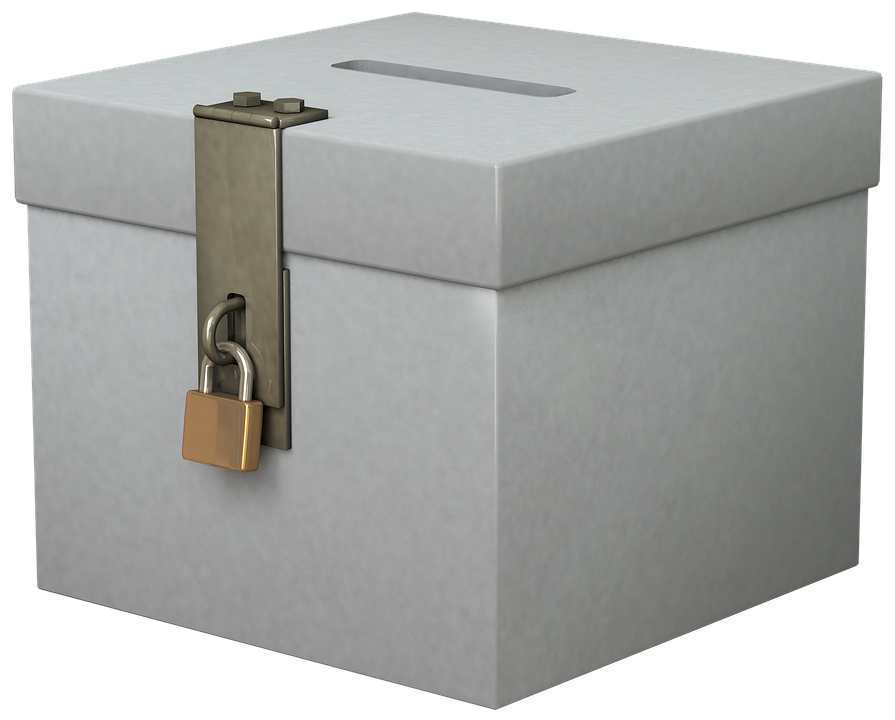Debate Drama: What the Candidates Really Said Behind the Scenes
In the frenzied lead-up to elections, one of the most anticipated events can be the political debate. These televised confrontations are designed to showcase candidates’ policies, charisma, and quick thinking under pressure. However, the real drama often extends beyond the podiums and cameras, revealing layers of strategy, emotion, and personality that rarely make it into the public eye. What happens behind the scenes in these charged environments often shapes the narrative that plays out on stage and, ultimately, impacts the trajectory of a campaign.
The Tension Before Tension: Pre-Debate Preparations
Prior to the sound of the opening bell, candidates and their teams are typically in a flurry of activity. Backstage, the atmosphere can be electric, as aides hurriedly address last-minute details. For candidates, a sense of anxiety is palpable. Word on the street suggests that moments before stepping onto the stage, candidates engage in a mix of motivational chats and light-hearted banter to relieve the pressure.
“Remember to smile!” one advisor might quip, while another reviews potential rebuttals on a flashcard. This human-side interaction is crucial, as candidates draw on camaraderie to drown out the looming spotlight. The last thing they need is to stiffen up under the glare of cameras. Except, of course, for that one candidate who secretly scorns their opponents in confident whispers, asserting they’ll “wipe the floor” with them.
The Impact of Real-Time Strategy
Once the debate begins, candidates are in a high-stakes game. Backstage, advisors are pressed to provide real-time feedback via headsets. They communicate strategies, remind candidates of key points, and adjust talking points based on audience reactions in the room. The unscripted moments—rebuttals, unexpected audience questions, or a slip of the tongue—can redefine a candidate’s trajectory, pushing teams to adapt on the fly.
One advisor recounted a particularly heated moment when a candidate misstepped in their response to a critical question about healthcare. Backstage, team members engaged in intense dialogue, urging the candidate to pivot quickly with a strong counterpoint, as the pressure rose to salvage a failing narrative. Such adaptability can often determine the success or failure of a performance in the eyes of voters.
The Battle of Reactions
After the debate, the candidates retreat to their respective green rooms for the usually euphoric or deflating post-debate assessments. Aides feverishly watch social media and news coverage while candidates debrief. This is where the ‘real’ feelings come out. Fear, excitement, and sometimes betrayal overlines these discussions as candidates analyze both their own performances and those of their opponents.
It isn’t unusual for comments to go beyond the public narrative. A candidate might praise a well-delivered line from their opponent while downplaying their own missteps, only to later vent frustrations about perceived sexism or unfairness in the moderators’ questions. As one former debate coach suggested, “Debates aren’t just about who scores the most points; it’s often about who can stay emotionally intact throughout the chaos.”
Behind the Curtain: Emotional Toll and Connection with Voters
The emotional toll of debating under pressure can lead to heartfelt exchanges once the cameras are off. Candidates may express vulnerability about issues affecting their home state or personal lives that weren’t touched upon during the debate. These moments often create lasting connections with their aides, shaping their campaign stories moving forward.
One candidate shared privately how a personal experience with healthcare shaped their perspective and decision-making in real time during a debate. It served as a reminder that behind the political facades, there are real people driven by personal histories, hopes, and fears.
After the Debate: Spin and Public Relations
In the aftermath of each debate, candidates are flooded with requests for interviews, spins, and media appearances. Behind the scenes, PR teams scramble to package the candidates’ performances into digestible soundbites for journalists. This moment is critical; the impressions made during TV debates can echo in the public consciousness and can often be manipulated through careful media framing.
However, beyond the spinning of narratives lies the candid reflections among candidates and their teams. A shared laugh over a gaffe can ease the tension, but so can candid discussions about what went wrong. The discourse usually centers around developing a sharper strategy for the next encounter, emphasizing the importance of resilience and learning.
Conclusion: The Hidden Drama That Drives Campaigns
While the world tunes in for the sharp exchanges and polished rebuttals that define candidate debates, the real drama often unfolds backstage and behind closed doors. It’s a world of strategy, emotional vulnerability, and raw human connection that not only influences how candidates are perceived but also shapes their campaign narratives. As debates continue to be a pivotal platform for candidates to showcase their visions, understanding the behind-the-scenes dynamics reveals much about the political landscape and the complex individuals striving to shape it.
In this arena, the real debate isn’t just in the words spoken on stage but in the lives tethered to the decisions made within the frenetic atmosphere of the event. Ultimately, this hidden drama not only informs how candidates connect with voters but can also illuminate the very fabric of our democratic process.


